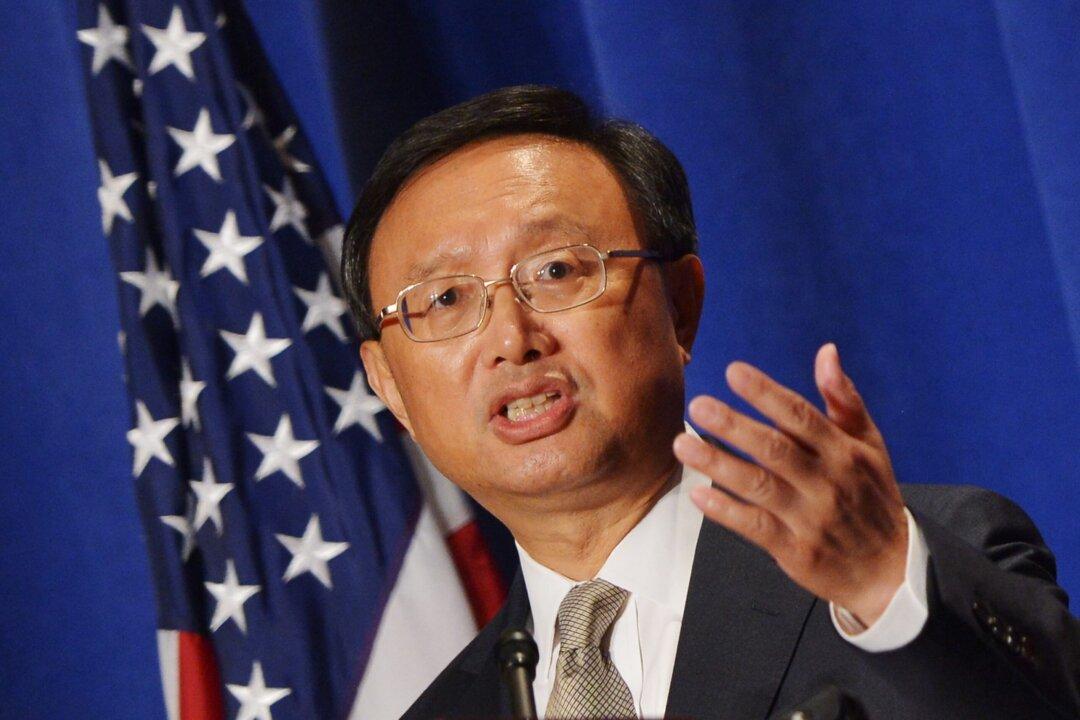China’s top diplomat Yang Jiechi warned the Biden administration not to cross Beijing’s “red line” in a half-hour speech on the evening of Feb. 1.
“The United States should stop interference in the affairs of Hong Kong, Tibet, and Xinjiang,” Yang said, calling the issues regarding the three regions China’s “internal affairs.” He made the remarks while speaking at a virtual event hosted by New York-based nonprofit the National Committee on U.S.-China Relations.




